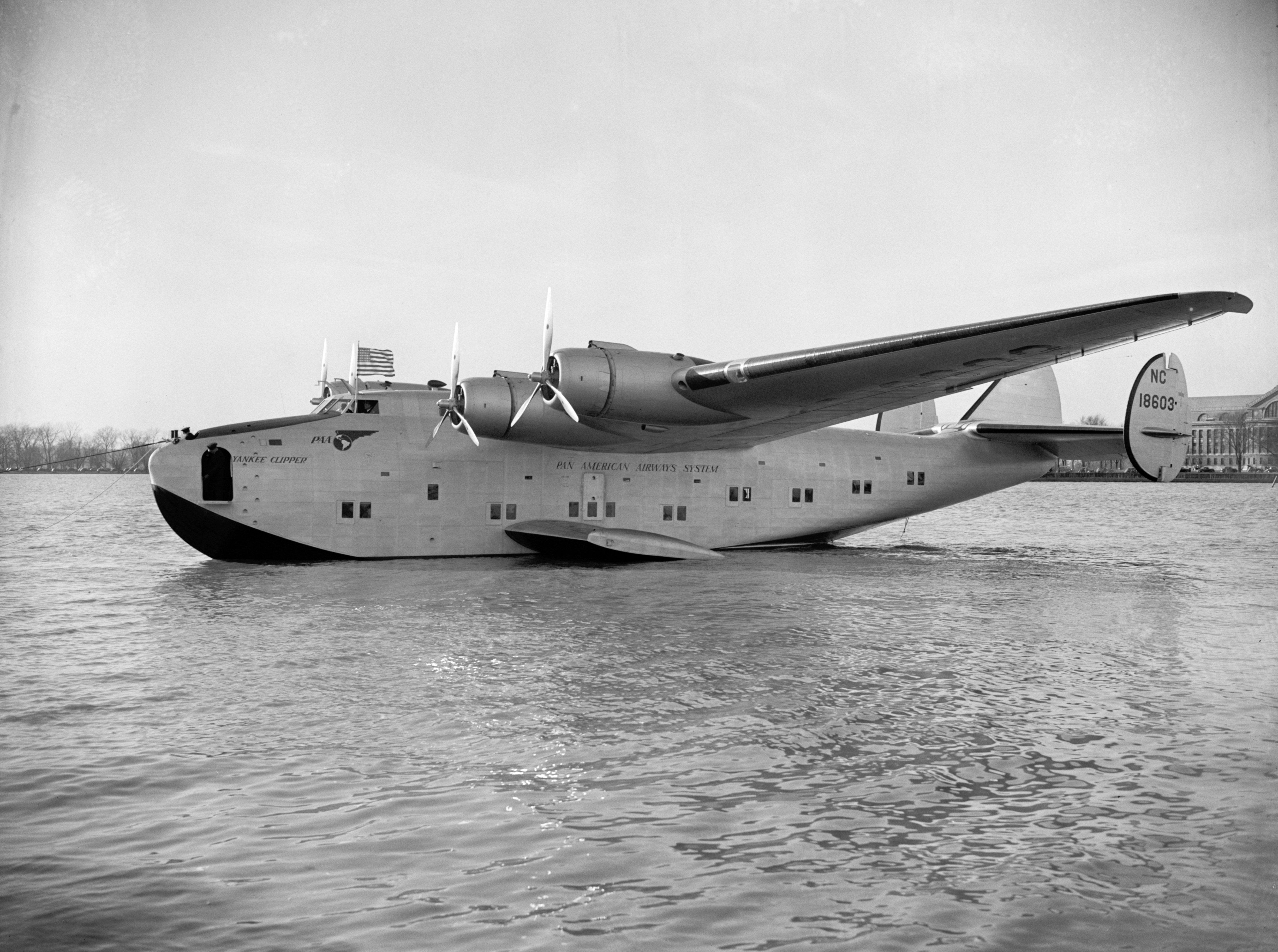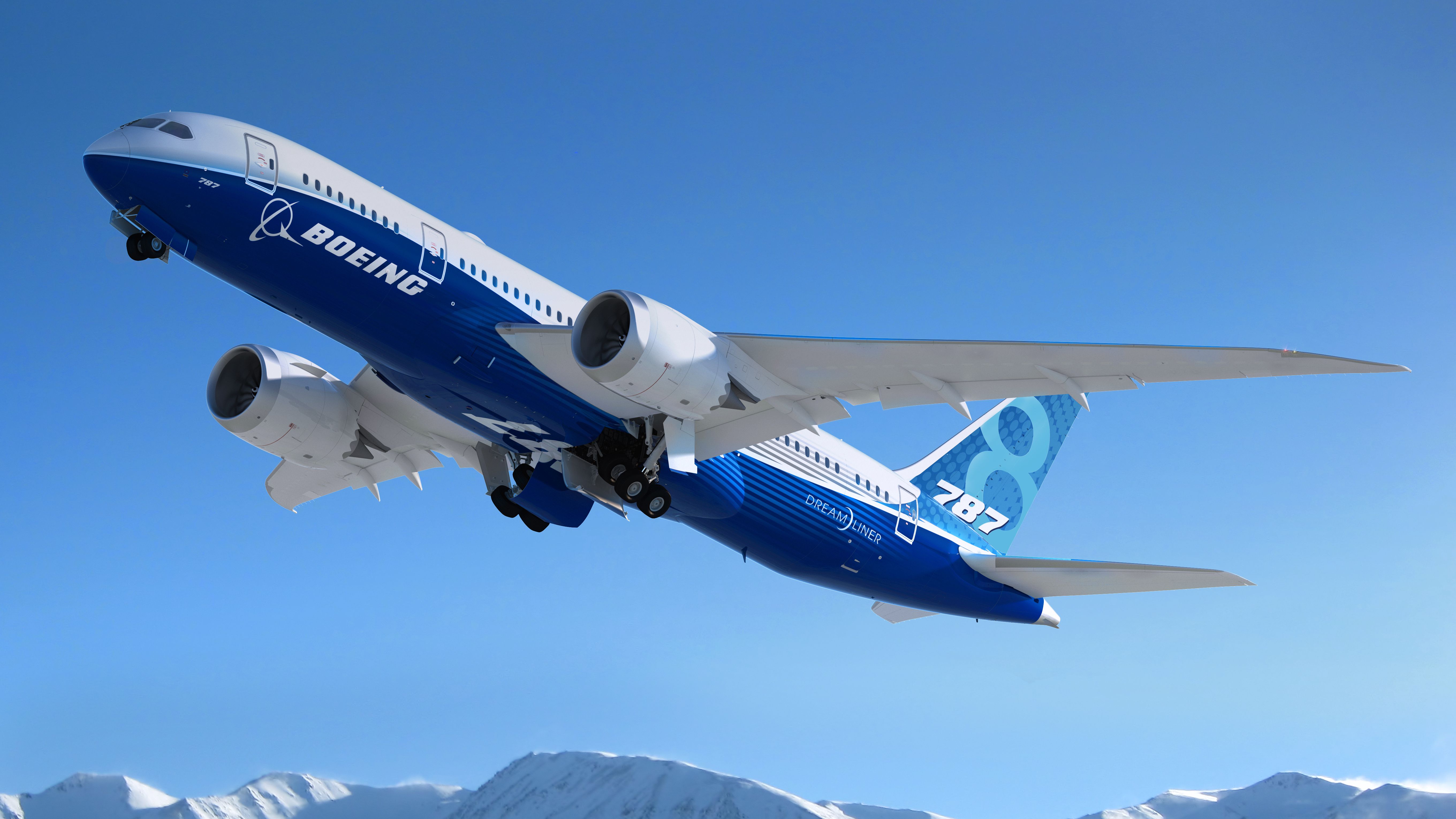Boeing’s 314 Clipper was one of the largest flying boats ever built, and 12 of the type were constructed between 1938 and 1941 by the massive US-based planemaker. These flying boats were industry-leading, able to cross both the Atlantic and Pacific Oceans directly.
5 Of The Largest Flying Boats Ever Built
The twelve Clippers that entered service didn’t stay in the skies for all that long, however, with the last few of these piston-powered aircraft retired by the end of 1948. Nonetheless, the Clipper had an incredible impact on the industry and helped spearhead the growth and expansion of the once legendary carrier, Pan American World Airways.
Development
In the late 1930s, Pan American World Airways began to request that Boeing construct an absolutely massive flying boat. This couldn’t just be a large aircraft; it had to be a plane well-capable of flying transpacific, featuring nearly twice the interior capacity of the Martin M-130, the type previously being used for flights from the US West Coast to Asia.
What Boeing constructed was an enormous aircraft with a wingspan of nearly 150 feet and flown by a massive crew of 11. Powered by four massive radial piston engines, the aircraft could take off in most conditions and could accommodate up to 68 passengers in a standard seated configuration.
Introduction to service
The Boeing 314 Clipper created a new class of luxury travel that had never been available to the world’s elite before. The Clipper enabled routes between San Francisco and Hong Kong, all the while allowing passengers to traverse this immense distance in style.
Pan Am equipped the Clipper with sleeping berths and lavishly designed dining areas, letting passengers experience the pinnacle of what luxury aviation could offer. A one-way ticket across the Pacific would cost far more than a transpacific first class ticket would set you back today.
Later years
As with all flying boats of the WWII era, the Clipper’s operational legacy would ultimately be defined by the restrictions the war placed on its operations. In earlier years, flights across the Pacific continued, with routes to Europe limited to British ports and certain nations such as Portugal.
Not all Clippers were operated by Pan Am, with three aircraft entering service with the British Overseas Airways Corporation, the precursor to British Airways. These flying boats were noteworthy during the war, one of which even transported British Prime Minister Winston Churchill across the Atlantic following Japan’s attack on Pearl Harbor. Interestingly, that marked the first time in which a head of government crossed the Atlantic in an aircraft.
During the heat of the Second World War, Pan Am’s fleet of nine Clippers ultimately entered service with the United States Armed Forces, transporting troops and other cargo throughout the war. Following the conclusion of the war, all aircraft were scrapped, and there are no airframes remaining intact today.



